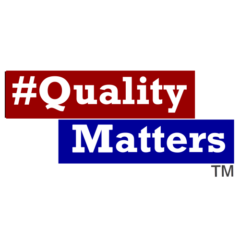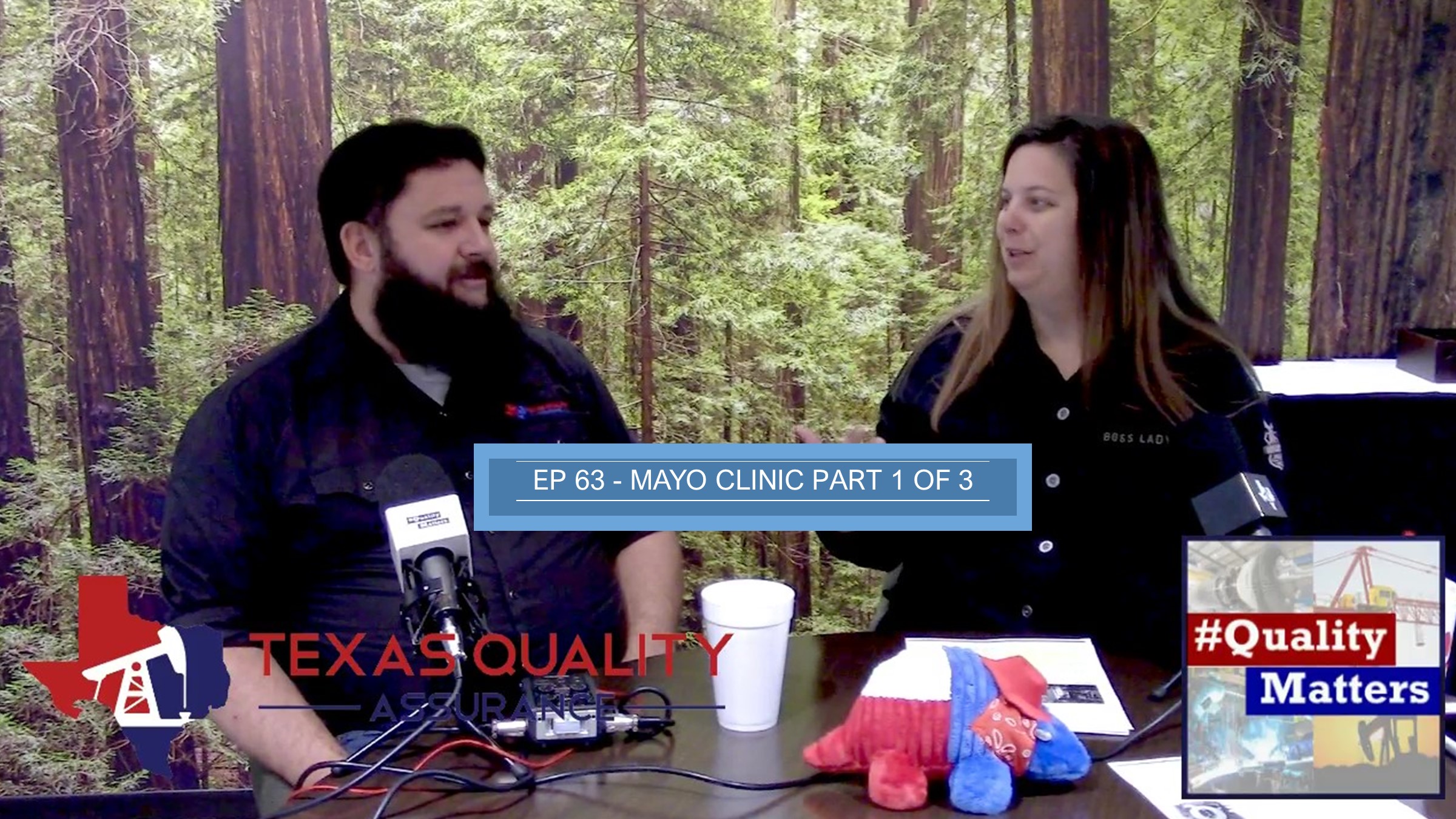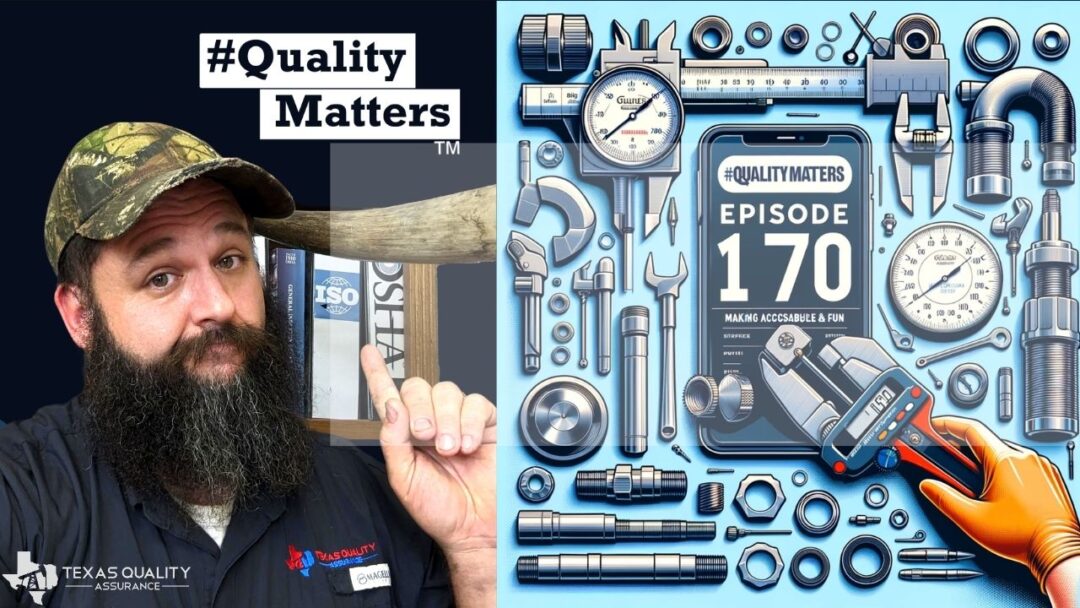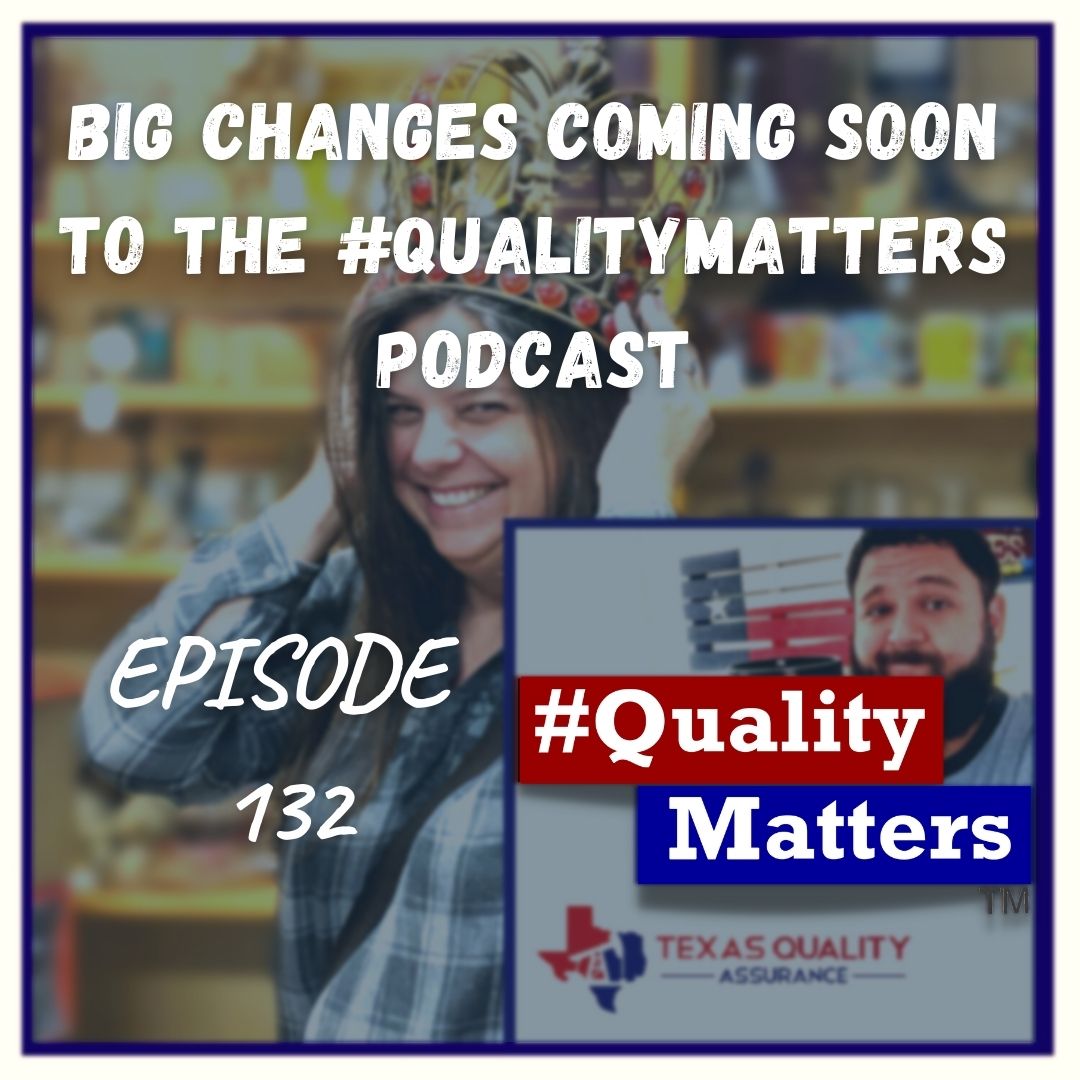Podcast: Play in new window | Download (Duration: 21:02 — 19.1MB) | Embed
Subscribe: Apple Podcasts | Spotify | Email | TuneIn | RSS | More
This week we begin a quality journey with Mayo Clinic discussing a case study posted by ASQ and written by Mary Beth and James Buckman. This introductory episode teaches us about Mayo clinic’s innovative mindset from their beginning in the 1880’s. Mayo Clinic decided from the beginning that they were going to be a physician led organization with a team approach. Early in the 1900s one of their pioneer physicians, Henry Plummer, pushed for “pooled resources,” wanting one place to keep all physicians’ analysis for a single patient.
The clinic worked to develop procedures and advance consistency across the board. Engineers were used to help define the system and improve the flow. This was in place by 1948.
In the 1980s, Mayo Clinic went through a huge growth period. They went from a single location in Rochester to additional locations in Florida and Arizona, launched the Mayo Health System in Wisconsin, Iowa, and Minnesota, as well as developing a medical school and a graduate school of medicine.
As Mayo first explored an official quality program, they chose to go with Six Sigma. While they found that it brought some improvements, it wasn’t the best bang for their buck.
Spurred by a report from the Institute of Medicine in 1999, May really began to look at what quality program would be best for them. Before assessing programs, under the leadership of the then CEO, Mayo recorded the steps they wanted to take toward quality. This gave them guidance in looking for a program to fit their needs.
Mayo explored continuous improvement, Toyota’s total productive maintenance system, the Baldrige Criteria for Performance Excellence, Six Sigma, and lean, as well as looking at companies that had already been through a successful transformation. The Mayo Clinic really planned well for this and found that companies that used a blend of these programs to develop their own unique approach were most successful.
The Clinic created its Value Creation System to blend the different theories they wanted to use and assessed where they stood in terms of systems alignment and readiness. They also identified strategic challenges. They knew they were going to have to improve their entire system across 50 locations. Mayo recognized they needed fundamental changes toward customers, workforce, operations and information and knowledge management. In the next episode, we will discuss how this was achieved
Learn more about #QualityMatters & Texas Quality Assurance :
LinkedIn | Facebook | Twitter | Instagram | YouTube
www.qmcast.com | Texas Quality Assurance




